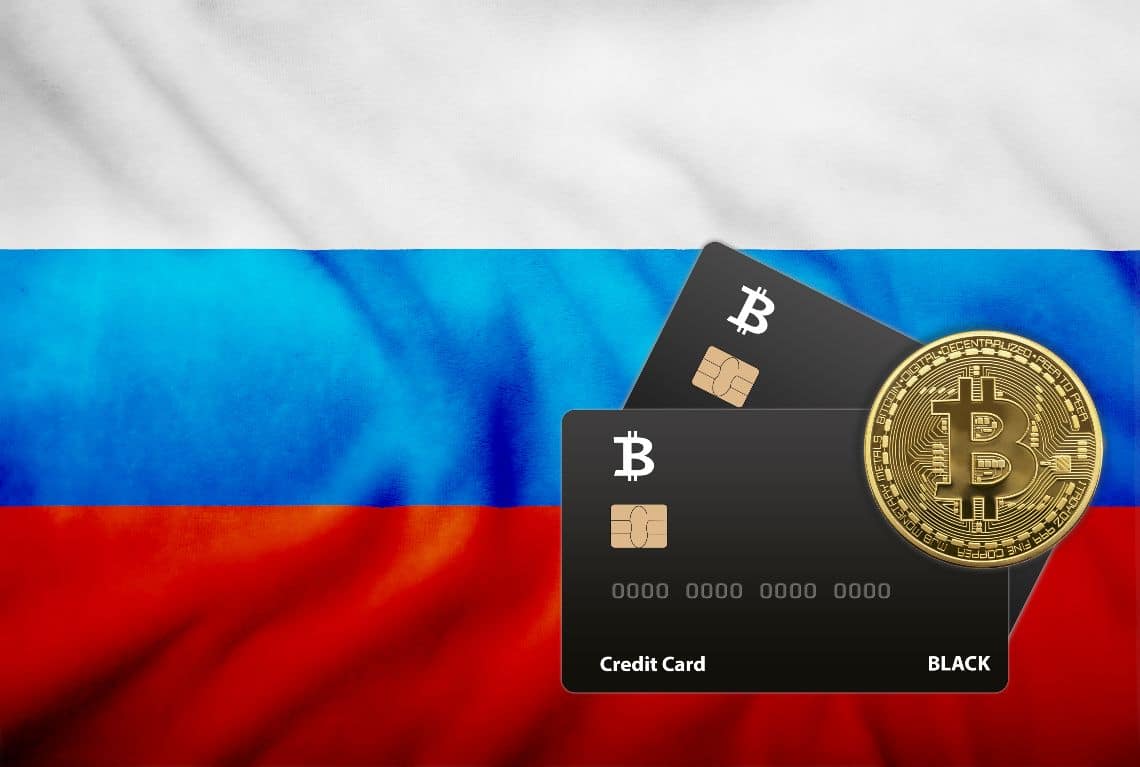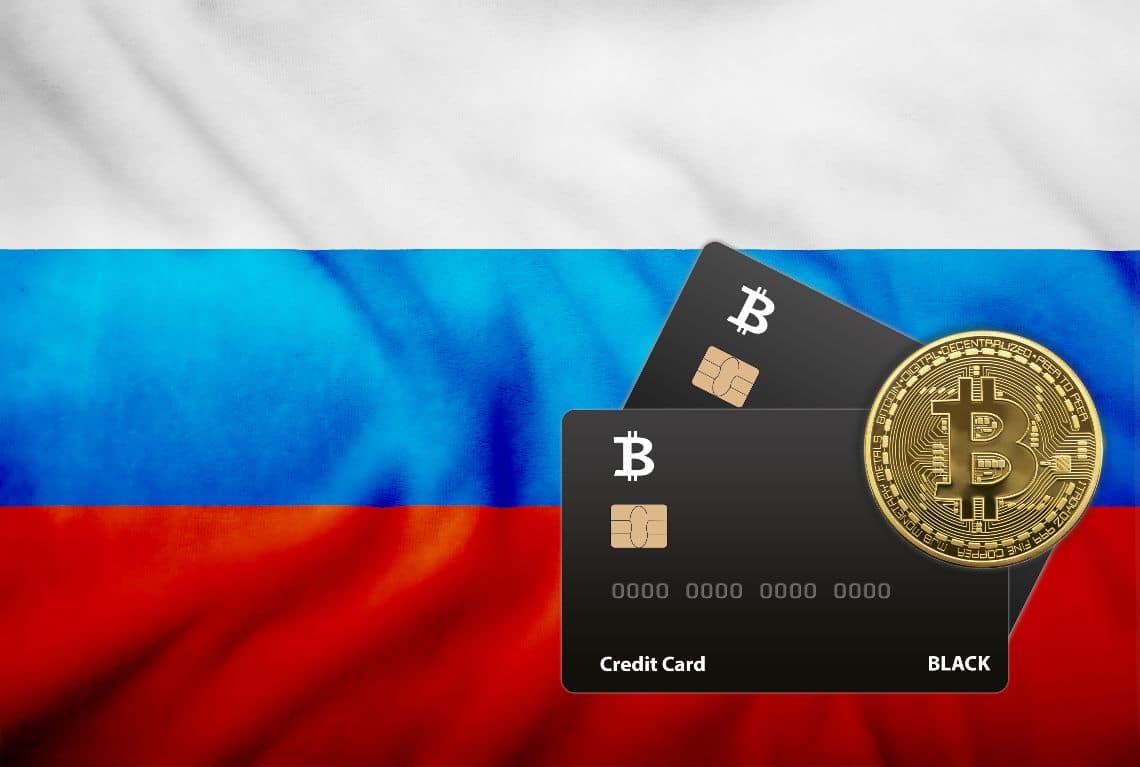“What we are seeing are many small purchases, probably by ordinary citizens who are trying in this way to safeguard their savings from the collapse of the ruble”, explains Stefano Bargiacchi, Directa’s digital currency expert. Bitcoin has gained around 13% in the past two days
Yesterday evening the White House asked cryptocurrency exchange platforms to help ensure that Russian individuals and companies do not use digital currencies to circumvent sanctions . The response from the digital currency world has been rather lukewarm. Most traders said they will respect the rules but have no intention of blocking Russian user accounts (wallets) just because of their country of residence. This, they explain, would be in contrast with the founding principles of cryptocurrencies inspired by an ideal of universal freedom. Binance, the platform that recorded the highest volumes of rubles – bitcoin trading , said it would block Russian accounts targeted by sanctions,but that it would not unilaterally “freeze” millions of user accounts in the country.
“Cryptocurrencies are meant to ensure greater financial freedom for people around the world. Deciding unilaterally to ban access would go against why cryptocurrencies exist, ”the spokesperson for the platform said. Yesterday, ruble-bitcoin trading volumes reached their highest levels since last May, while ruble-hryvnia (the Ukrainian currency, ed . ) At their highest levels since October . It is no mystery that digital currencies are the means by which illegal transaction payments that take place on the internet are settled.The transactions are public and visible but the anonymity of those who carry them out is guaranteed. Nevertheless, the role they are playing in this context is complex, not just negative. For example, the Ukrainian government has launched a bitcoin collection campaign, according to the latest data, the equivalent of 20 million dollars has already arrived in Kiev. Along the lines of the White House, Ukrainian Vice President Mykhailo Fedorov also sent an invitation to the trading platforms.
Directa’s digital currency expert, is skeptical about the possibility that the sanctions architecture could put bitcoin in trouble. “What we are observing are many small purchases, probably by ordinary citizens who are trying in this way to safeguard their savings from the collapse of the ruble “, explains Bargiacchi according to which bitocin is playing a role of rescue donut for families more than a lifeboat for oligarchs who get off the yachts. “Large deals would immediately attract attention,” adds the expert. A position that is confirmed in the words of the famous economist Nassim Nicholas Taleb
In recent days, Bargiacchi recalls, rumors have also circulated that Moscow was evaluating the possibility of quoting oil in bitcoin . This has not been done, both because the sanctions have so far safeguarded energy purchases, and because the road is obviously difficult to follow. More generally, the expert recalls, the bitocin movement of the last week was characterized by three phases . The first characterized by a wave as for all other assets in the classic cora to liquidity (ie to the dollar, ed ) that characterizes moments of high uncertainty. The digital currency subsequently disengaged itself from equity indices, showing greater stability. This passage has led to the third phase , the current one, in which bitocin seems to keep its promise of being a safe haven asset, in which to invest in difficult phases, as soon as the uncertainty begins to diminish. In the last two days, bitcoin has gained about 13% , exceeding $ 43,690.


